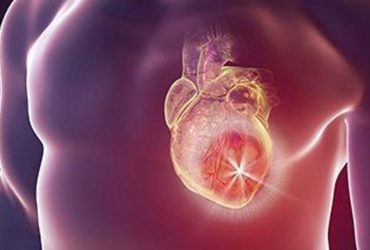Asthma, depression, anxiety, hypothyroidism linked to both heart failure with preserved and reduced ejection fraction in women
Significant cognitive decline, increased depressive symptoms, and reduced self-care reported among those with heart failure
16.9 percent of the association was mediated by psychological distress; 3.0 and 3.1 percent mediated by social isolation, neuroticism
Patients receiving mental health treatment less likely to be rehospitalized, have ED visit, die from any cause
Both behavioral activation psychotherapy and antidepressant medication management reduce depressive symptoms by about 50 percent
Loneliness still increases risk even if individual is not socially isolated
Social frailty linked to composite of all-cause death, cardiovascular events among elderly hospitalized heart failure patients
MethHF linked to significant morbidity, including worse heart failure symptoms compared with non-methamphetamine-related heart failure
Genetic correlations between schizophrenia and CVD close to zero, but schizophrenia liability may increase heart failure risk
Majority of cases (88.3 percent) seen in women, especially those aged 50 years or older; incidence higher in middle-aged men than younger men











